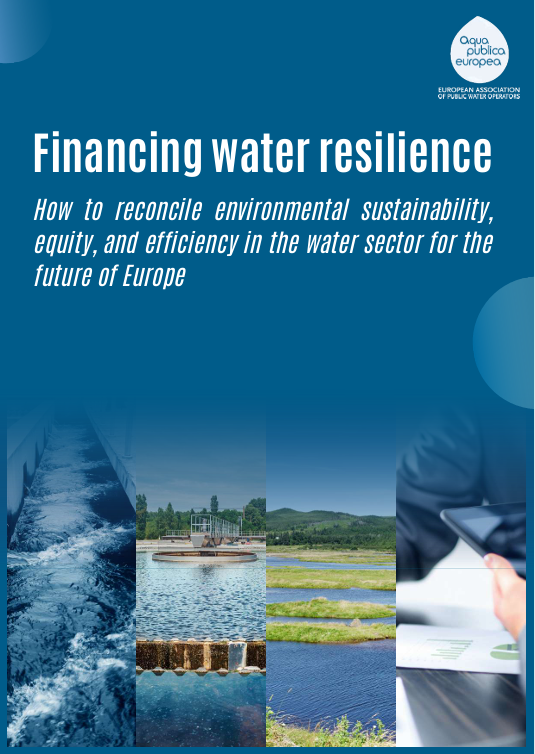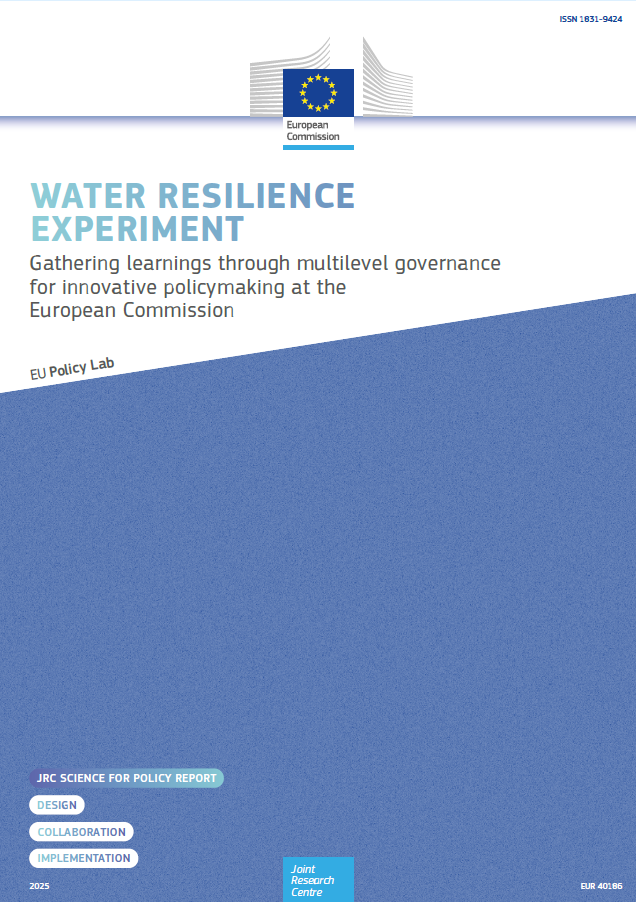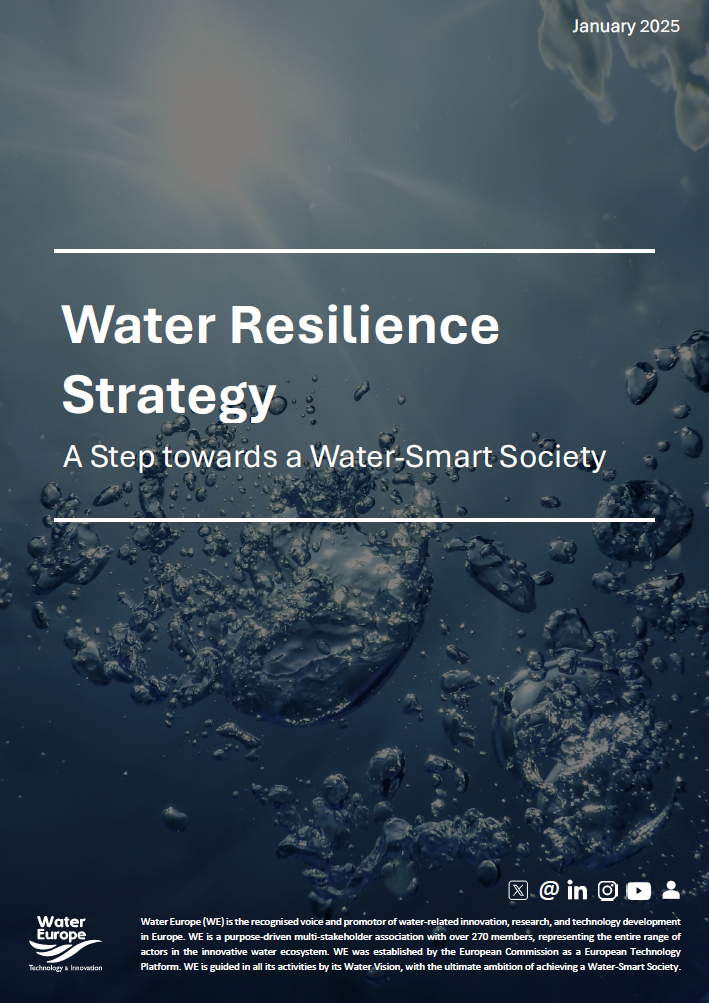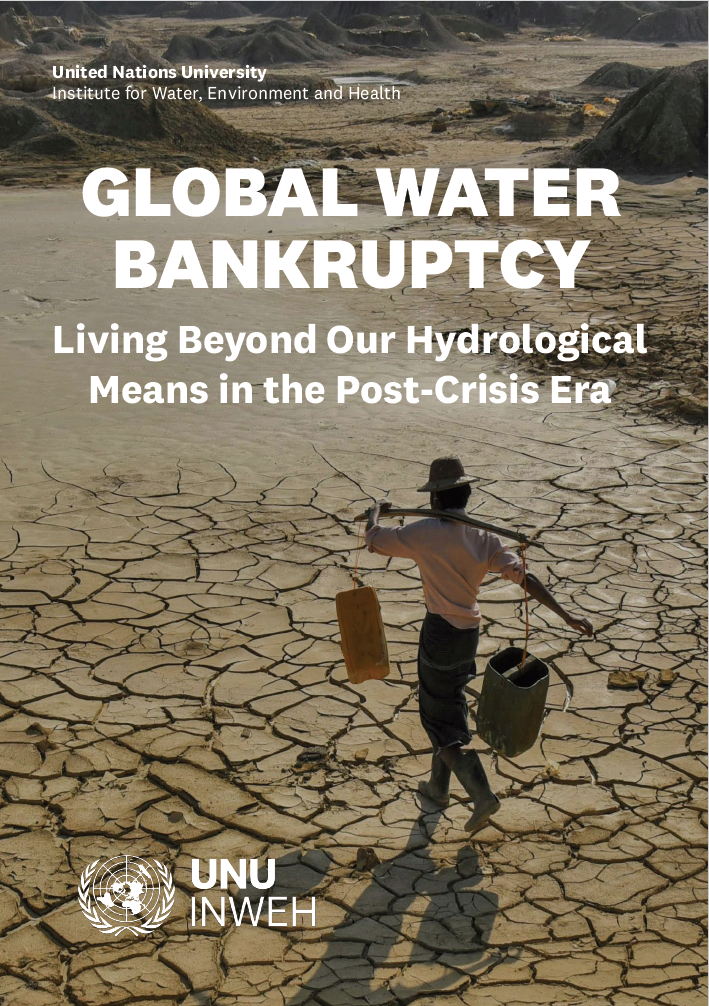The current water crisis is one of the greatest challenges of our time. Water challenges are particularly salient in urban areas, where, for the first time in history, more than half the global population lives.
It is estimated that the urban population worldwide will nearly double by 2050 — an increase that has serious implications for urban water demand. Presently at 15–20 percent of global water consumption, urban demand is set to rise to 30 percent. Increasing urban water use will also lead to more wastewater and water pollution. Climate change further exacerbates pre-existing water stresses and is already having a measurable effect on the urban water cycle — altering the amount, distribution, timing, and quality of available water. Urban water supply and sanitation services, which are often provided by public entities, will bear the brunt of these challenges, on top of the performance issues observed in many public sector entities.




